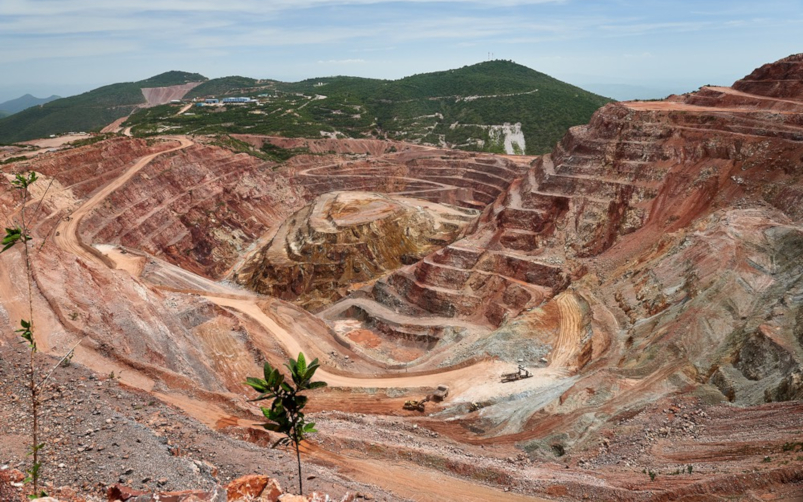CORRECTED Feb. 6
Miners need to rethink their mining strategy to include growing concerns over consumer awareness, social license, geographic risk and more in 2019, according to Deloitte’s annual Tracking the Trends report.
The report, which analyzes the top 10 issues transforming the future of mining, was released on Monday, and identified the increasing adoption of analytics and artificial intelligence (AI), managing risk in the digital era, and digitizing the supply chain as other influential trends for the year.
“The mining industry is changing faster than ever, resulting in both greater growth potential, as well as more disruption and volatility than in years past,” said Andrew Swart, Deloitte Canada's global consulting leader of mining and metals.
The report noted that as consumers, governments and communities become “more vocal” they are “irrevocably altering industry dynamics,” making social license to operate a strategic issue that could either make or break companies.
“Mining companies must take an ever-expanding range of issues into account when setting corporate strategy if they hope to create competitive portfolios robust enough to generate value across multiple scenarios,” the report said.
Shifting industry values, such as increased consumer concerns or government and community intervention, have led to mining companies rethinking their strategies. In a bid to adjust to the changing market demands, miners have resolved to making bold investment decisions. In March 2018, Rio Tinto went completely coal free, instead looking to invest in copper, which is in higher demand by renewable energy industries.
Related: Blockchain-based supply chain application for mining will be trialled at Goldcorp’s Peñasquito
Deloitte also anticipates that AI will play a key role in helping companies plan for the future, identify enterprise-level risks and transform their supply chains. It said most companies are in the beginning stages of engaging with analytics and AI, where machine intelligence requires human assistance and interpretation, and would need to begin identifying root causes of events to advance to the point where AI solutions can become predictive.
The firm said mining companies can expect to confront a growing number of risks, including cyber threats, increasing tariffs and sanctions, changing royalty regimes and scrutiny from investors.
“Rather than simply defining risks, companies should revisit their approach to risk management to ensure that all lines of defense are empowered to manage risk on their behalf,” said Sandeep Verma, Deloitte’s US Global Mining and Metals’ risk advisory leader. The report suggested that mining companies should employ a progressive view of risk, such as risk assurance and the anticipation of emerging risks through the use of AI and other cognitive tools.
Digitalizing the supply chain “from pit to port” is another trend that is expected to continue, the report said. Unlike the manufacturing and automobile industries, the mining sector is still behind in terms of digitalizing its supply chain, with only discrete pieces of equipment, such as their trucks or trains, being digitalized.
Deloitte also expects to see mining companies transition from a mindset of social spending as a “cost of compliance” toward a way to deliver benefits to host countries and communities. “If mining companies hope to drive different social outcomes, that dynamic has to change,” the report said. It noted that companies will have to engage with what stakeholders truly want, and collaborate with other companies in a region, instead of working in isolation.
Other important trends mentioned in the report included addressing energy and water management; learning from past project mistakes; reimagining the changing nature of workers and the workplace; designing integrated diversity and inclusion programs; and confronting increasing consumer demand for the provenance of raw materials.
Correction: Andrew Swart is Deloitte Canada's global consulting leader of mining and metals. His title was previously stated as "Deloitte's Canadian and global consulting leader of Mining and Metals." CIM Magazine regrets the error.


